Mridu Jhangiani
Climate Designer using design as an instrument for social & environmental amelioration
I’m a Climate designer fuelled by the urgency and criticality to use the power of design to create meaningful, impacting changes in areas of sustainability and social relevance. I've worked in areas of Education, Healthcare, Urban planning, Green energy and Food Waste.
Most of my work in the recent past has been in the social impact space, with each of my projects focused on one or several of the UNSDGs. So far, I've contributed towards Zero Hunger, Quality Education, Sustainable Cities & Communities, Responsible Consumption & Production, Climate, and reduced Poverty - The large interconnected systems that influence and impact Climate change.
Projects
Dream Madiwala - Thesis Project
UNSDG - 2 Zero Hunger: 'Dream Madiwala' is a generative research-driven project aimed towards reducing the fresh produce left to waste at the local markets of the city. The project concluded with the creation of a system-service design module, supported by a toolkit and idea bank, such that these deliverables can be widely accessed and used to empower individuals and communities with the intention to reduce the surplus within their capacity. A ‘Sunday food drive’ was piloted through training and workshops to connect the local markets with the slums nearby slums.
Impact — From a market generating 8000kgs of produce waste per day, 50 kgs of perfectly edible produce were rescued in 20 minutes to feed a slum of 100+ for a week. This was repeated over 4 Sundays.
This project was done under the wing of Quicksand Design Studio — a well-reputed design studio in India. In collaboration with the RobinHood Army, Karuna Seva - non-profits, JAAGA community and several experts in the field of agriculture, food industry, waste management, urban planning and design domain.
Climate Impact — By reducing the amount of produce reaching landfills, we're not only reducing the emission of greenhouse gases that lead to global warming but also encouraging farmers at the source to grow natural produce, irrespective of the aesthetic appeal and hence rejecting beautification waste as a community.
‘MOS’ Material Innovation
It has become a habit to throw away food without a second thought. MOS is a solution to this. Using the excess food left to waste, a form of edible packing material has been created and developed to replace commercially used plastic across various industries. MoS is a project encouraging edible sustainable packaging to be made from several combinations of food surplus.
MoS packaging is pleasantly fragrant, technically edible, waterproof and rigid. This innovation in bio-material aims to transform industrial packaging. MoS has been naturally preserved for over 2 years and can be safely stated to be a ‘promising solution’. MoS has been exhibited at the London Design Week in 2018.
Climate impact - By scaling this alternative to plastics, we're reducing the suffocation, death and rise in global temperatures caused by plastics on land, water and in the air. Today, single use plastic packaging makes up 40% of of packaging industry.



